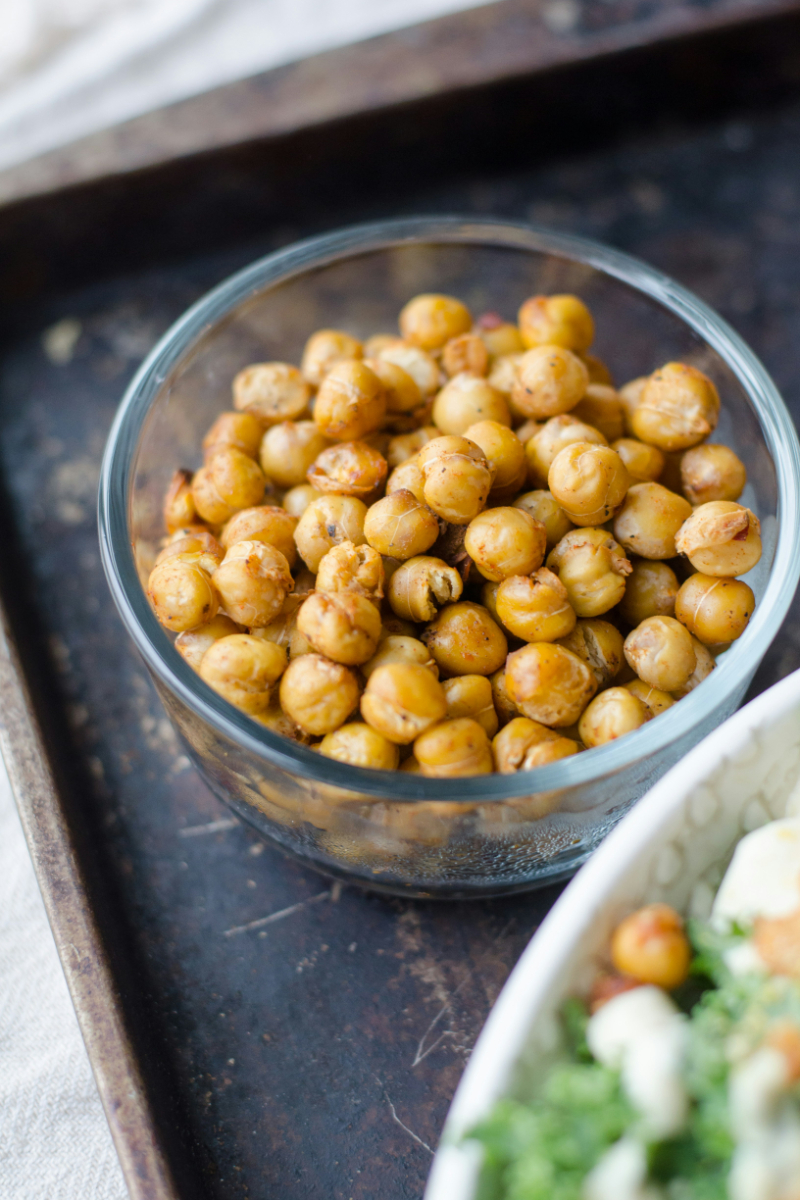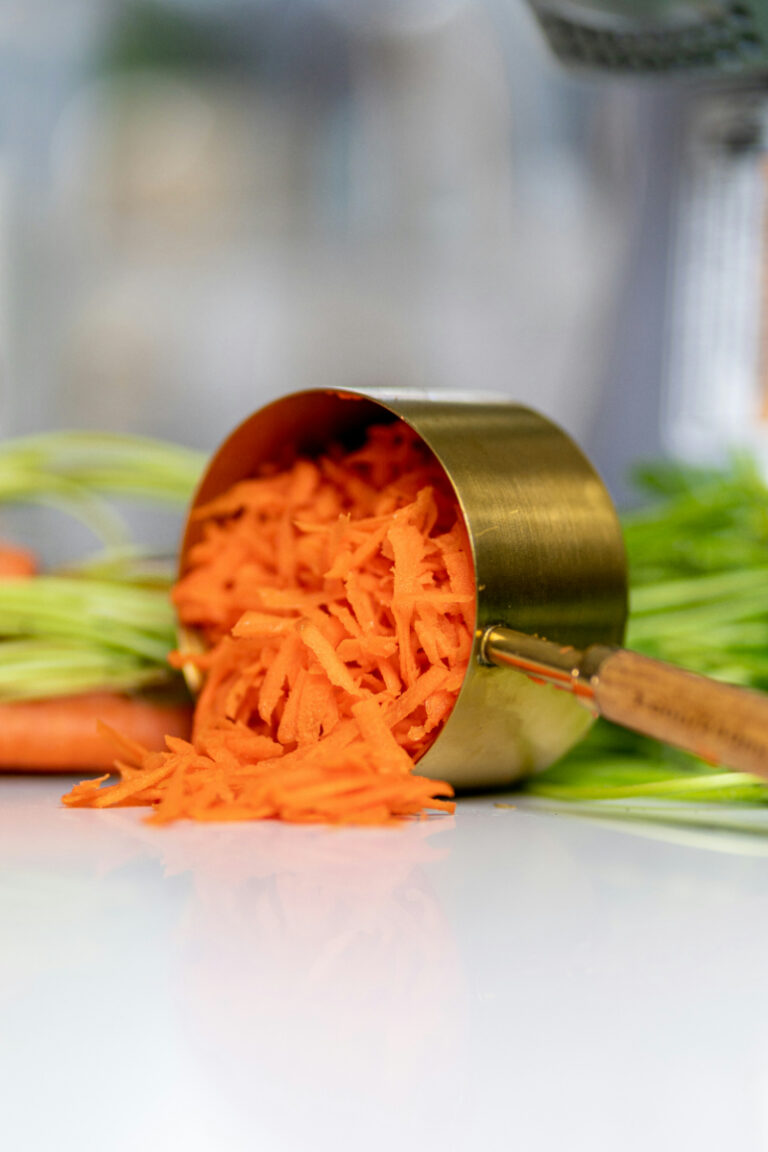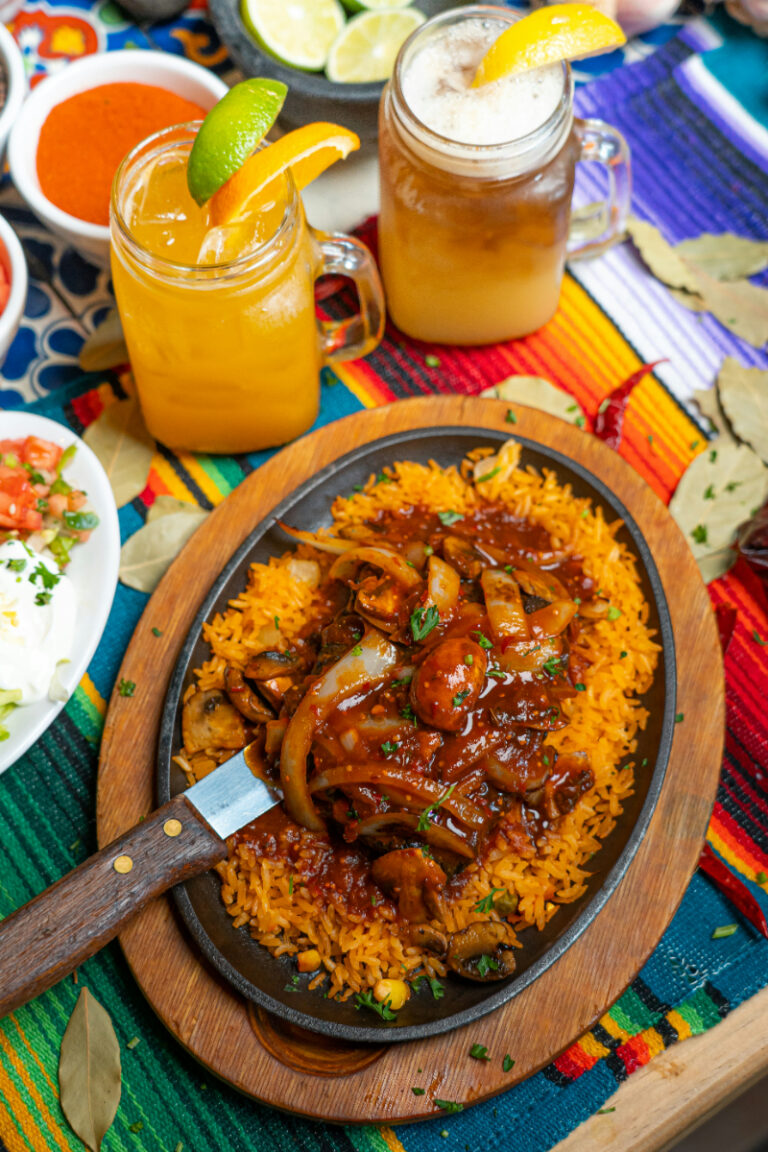How Many Carbs Are in a Cup of Beans? A Quick Guide to Bean Nutrition
Are you curious about how many carbs are in a cup of beans? Beans are a great source of protein and fiber, making them a popular food choice for vegetarians and vegans. They are also a good source of complex carbohydrates, which provide the body with long-lasting energy. However, if you are watching your carb intake, you may wonder how many carbs are in a serving of beans.
The amount of carbs in a cup of beans can vary depending on the type of bean. For example, a cup of cooked black beans contains approximately 41 grams of carbohydrates, while a cup of cooked kidney beans contains approximately 40 grams of carbohydrates. On the other hand, a cup of cooked green beans contains only 10 grams of carbohydrates. It’s important to note that most of the carbohydrates in beans come from fiber, which is an important nutrient for digestive health.
If you are following a low-carb diet, you may want to limit your intake of beans. However, if you are following a balanced diet, beans can be a healthy and nutritious food choice. In the next section, we will explore the nutritional benefits of beans and how they can fit into a healthy diet.
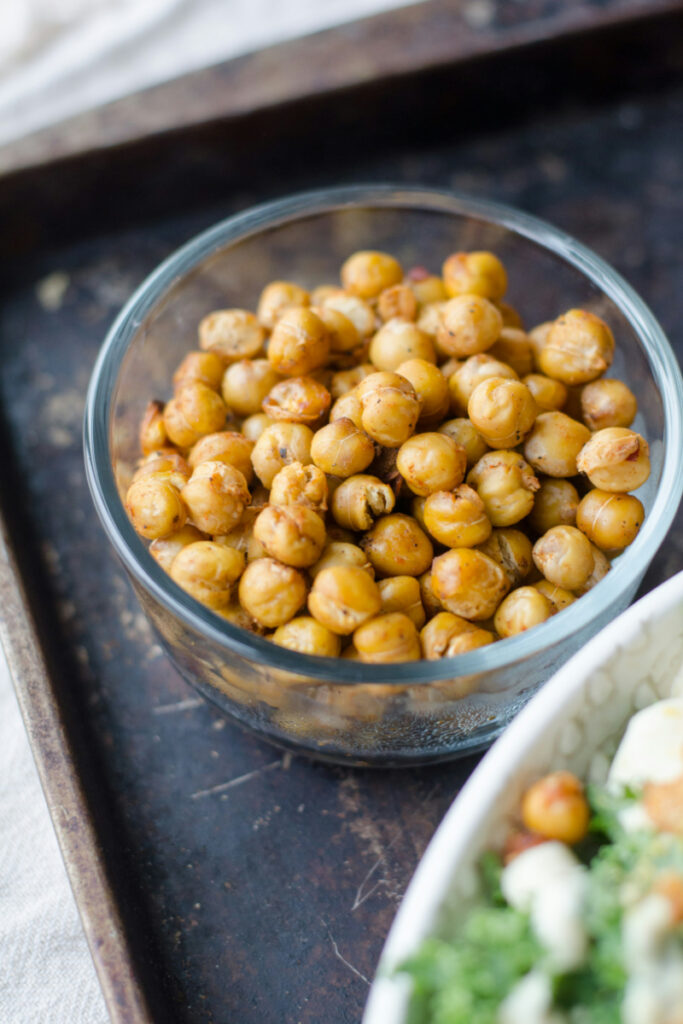
Carb Content in Different Types of Beans
Beans are a great source of plant-based protein and fiber, making them a popular ingredient in many dishes. If you are following a low-carb diet, it’s important to know the carb content of different types of beans. Here is a breakdown of the carb content for some of the most commonly used beans:
Black Beans
Black beans are a popular choice for Mexican and Latin American dishes. One cup of cooked black beans contains approximately 41 grams of carbohydrates, including 15 grams of fiber and 1 gram of sugar. Black beans are also a good source of iron, potassium, and magnesium.
Kidney Beans
Kidney beans are commonly used in chili and other hearty soups and stews. One cup of cooked kidney beans contains approximately 40 grams of carbohydrates, including 13 grams of fiber and 1 gram of sugar. Kidney beans are also a good source of protein, iron, and potassium.
Pinto Beans
Pinto beans are a staple in many Mexican dishes, including refried beans and burritos. One cup of cooked pinto beans contains approximately 45 grams of carbohydrates, including 15 grams of fiber and 1 gram of sugar. Pinto beans are also a good source of protein, iron, and magnesium.
Garbanzo Beans
Garbanzo beans, also known as chickpeas, are a popular ingredient in Mediterranean and Middle Eastern cuisine, including hummus and falafel. One cup of cooked garbanzo beans contains approximately 45 grams of carbohydrates, including 12 grams of fiber and 8 grams of sugar. Garbanzo beans are also a good source of protein, iron, and folate.
It’s important to note that the carb content of beans can vary depending on how they are prepared. For example, canned beans may contain added salt and sugar, which can increase their carb content. Additionally, some recipes may call for beans that have been cooked with other high-carb ingredients, such as potatoes or rice.
Overall, beans can be a healthy and delicious addition to your diet, even if you are watching your carb intake. Just be sure to pay attention to portion sizes and the carb content of different types of beans.
Factors Affecting Carb Counts in Beans
Beans are a great source of protein, fiber, and many essential vitamins and minerals. However, the carb content of beans can vary depending on several factors. Here are some of the factors that can affect the carb counts in beans:
Type of Bean
Different types of beans have different carb counts. For example, a half-cup serving of black beans contains 12 grams of net carbs, while the same serving size of navy beans contains 13 grams of net carbs. Pinto beans and kidney beans have slightly higher carb counts, with 15 grams and 14 grams of net carbs per half-cup serving, respectively.
Preparation Method
The way you prepare beans can also affect their carb counts. Canned beans may contain added sugars or other ingredients that can increase their carb content. On the other hand, dried beans that are soaked and cooked at home may have a lower carb count.
Serving Size
The amount of beans you eat can also affect the carb count. A half-cup serving of beans typically contains around 10-15 grams of net carbs. However, if you eat a larger serving size, the carb count will be higher. It’s important to measure your portions carefully to ensure you’re getting the right amount of carbs.
Other Ingredients
Finally, the carb content of beans can also be affected by other ingredients you eat them with. For example, if you add a sweet BBQ sauce to your baked beans, the carb count will be higher than if you eat them plain. Similarly, if you add beans to a salad with lots of high-carb toppings like croutons or dried fruit, the carb count will be higher.
By keeping these factors in mind, you can make informed choices about how to include beans in your diet while staying within your carb goals.
Preparing Beans to Minimize Carbs
When it comes to preparing beans, there are a few things you can do to minimize the carb content. Here are some tips:
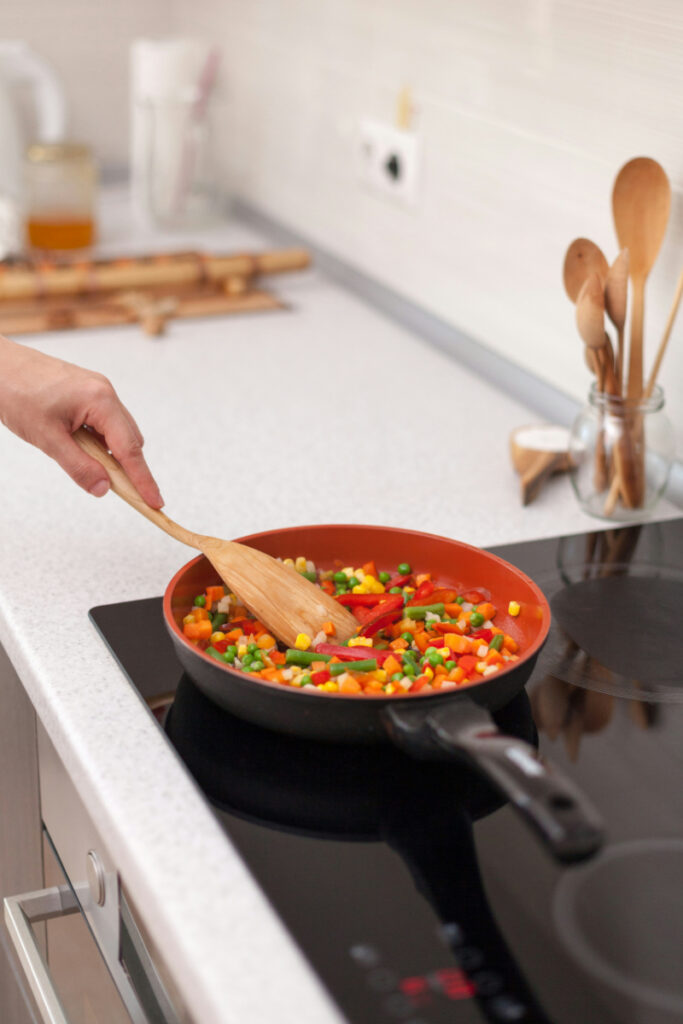
Cooking Methods
The way you cook your beans can affect their carb content. Boiling beans in water can help reduce their carb content by up to 10% 1. Soaking your beans overnight before cooking them can also help reduce their carb content. This is because soaking helps remove some of the carbohydrates that are not easily digestible 2.
Bean Sprouting
Sprouting your beans is another way to reduce their carb content. Sprouting involves soaking your beans in water for a few hours, then draining them and leaving them to sprout for a few days. During the sprouting process, the beans will start to break down their carbohydrates into simpler sugars, which are easier for your body to digest. This can help reduce their carb content by up to 30% 3.
In summary, boiling your beans and soaking them overnight before cooking can help reduce their carb content. Additionally, sprouting your beans can also help reduce their carb content significantly. By following these tips, you can enjoy your beans while keeping their carb content to a minimum.
Health Benefits of Beans and Their Carbohydrates
Beans are a great source of carbohydrates, which are essential for providing energy to your body. A cup of cooked beans contains about 40-45 grams of carbohydrates, depending on the type of beans. They are also low in fat and high in fiber, making them a healthy addition to your diet.
The carbohydrates in beans are complex carbohydrates, which means they are slow-digesting and provide sustained energy. This makes them a great choice for athletes or anyone looking for a steady source of energy throughout the day.
In addition to providing energy, the carbohydrates in beans have other health benefits. They help regulate blood sugar levels, which can help prevent diabetes and other health problems. They also help lower cholesterol levels, which can reduce the risk of heart disease.
Beans are also a good source of protein, which is important for building and repairing muscles. They are also high in vitamins and minerals, such as iron, magnesium, and potassium.
To get the most health benefits from beans, it’s important to choose the right type of beans and prepare them properly. Some beans, such as kidney beans, need to be soaked and cooked thoroughly to remove toxins that can cause digestive problems. Other beans, such as black beans and chickpeas, can be cooked without soaking.
In summary, beans are a great source of carbohydrates that provide sustained energy and have many health benefits. They are also high in protein, vitamins, and minerals. To get the most out of beans, choose the right type of beans and prepare them properly.
